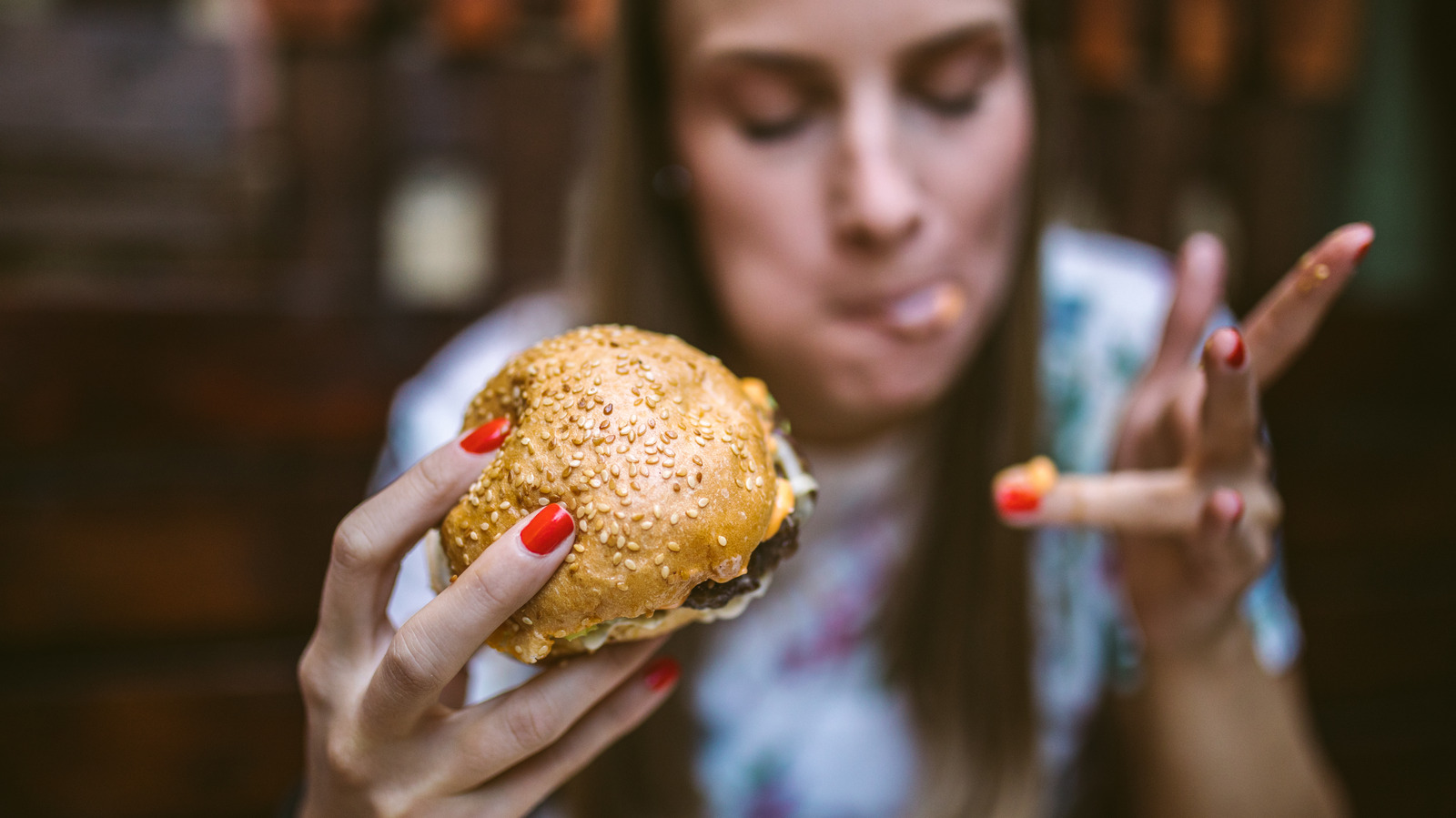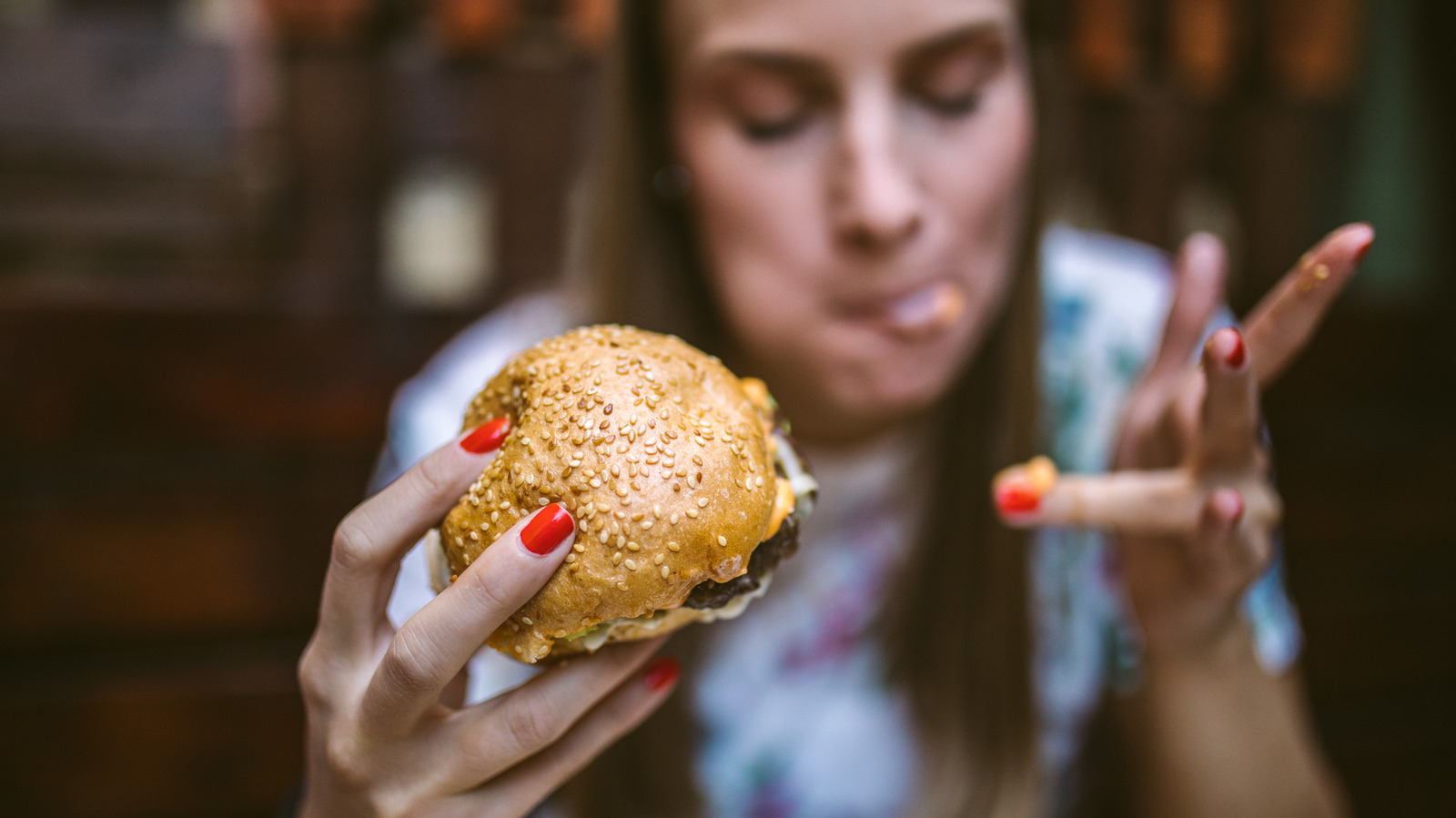
3 Foods Psychologists Avoid Eating At All Costs – Health Digest

In a 2017 study published in Scientific Reports, a cross-sectional analysis of 23,245 people found that consuming added sugars through sweet treats and beverages was linked with increased risk of common mental disorder (CMD) and depression. Elsewhere, a 2019 meta-analysis of observational studies published in the Journal of Affective Disorders found that drinking sugar-sweetened beverages could lead to depression. In 2024, a cross-sectional study spanning the years 2011–2018 published in BMC Psychiatry found that an increase of 100 grams a day of dietary sugar intake was associated with 28% higher prevalence of depression. The researchers looked at 18,439 adults aged 20 years or older.
Refined or added sugars have inflammatory effects on your body, which could be one of the reasons for these mental health concerns. Additionally, drastic spikes and drops in blood glucose levels can have negative consequences on your mental wellbeing. Notably, the sugar “high” that you feel after consuming the food (thanks to the dopamine system reward) also results in a crash — leading to mood fluctuations. It also doesn’t help that sugar can be highly addictive for some people. It perpetuates a vicious cycle that doesn’t benefit your body or your brain long-term.
In a piece for Aviv Clinics, dietician Kathryn Parker said when it comes to memory, overconsumption of refined sugars is thought to hamper the production of a chemical connected to learning, memory, and complex thinking called brain-derived neurotrophic factor, or BDNF. High-fructose corn syrup, table sugar, and coconut sugar are some examples of refined sugars. Candy, cakes, cookies, and soft drinks typically contain added sugars.


